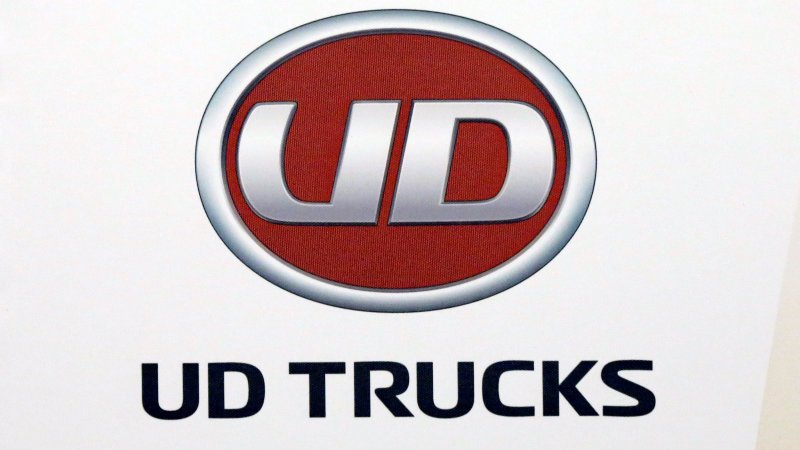Volvo to sell UD Trucks in Japan to Isuzu in $2.3 billion deal

The deal, announced by the companies on Wednesday, is part of a broader alliance that will see them share advanced technology for electric and self-driving trucks and use their combined heft to cut development costs.
Volvo shares rose 5% in morning trading. Isuzu shares had gained 3% during Tokyo trading hours.
The partnership is the latest in a growing trend among vehicle makers joining forces to better compete in an industry upended by the rise of electric vehicles, self-driving cars and other new technologies.
Volvo said the transaction will add to its operating income by about SEK 2 billion ($208 million) and increase its net cash by SEK 22 billion.
The Japanese trucking market is very competitive and not very profitable, analysts said, so the UD Trucks sale will free up cash for Volvo, as it competes with Germany's Daimler, India's Tata Motors and China's Dongfeng Motor.
Volvo is among the world's biggest makers of heavy duty trucks and owns brands including Volvo Trucks, France's Renault Trucks and U.S.-based Mack Trucks.
"This is a way to focus the business to where they are strong and making good money, and at the same time exit with a small gain," Handelsbanken Capital Markets analyst Hampus Engellau told Reuters.
Isuzu specializes in light- to medium-sized trucks, while UD Trucks are strong in heavy as well as to a certain extent in mid-duty.
The deal is expected to be completed by the end of 2020 and will consolidate a stagnant truck industry in Japan dominated by Toyota-owned Hino Motors.
For Isuzu, a specialist in diesel engine technology, the partnership will give access to Volvo's electric truck technology, which has already been deployed in distribution and waste disposal trucks.
"We will lean on each other's strengths, pool from each other when it comes to technology, and leverage our larger volumes," Volvo Group President and CEO Martin Lundstedt told reporters in Tokyo.
Norway's DNB Markets said the cash generated from the transaction will be distributed to Volvo shareholders either through an additional dividend or through share buybacks.
Related News


